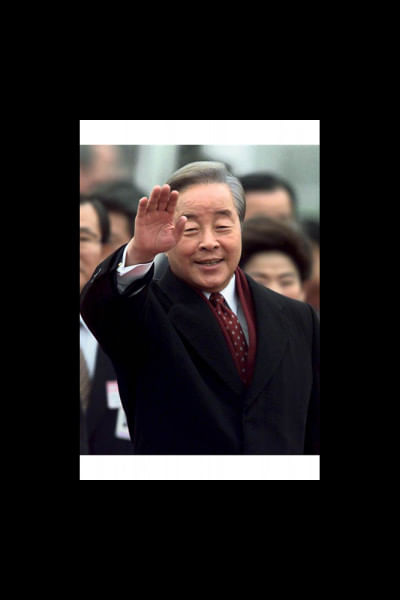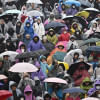Former South Korean President dies
Kim was taken to hospital with a fever and died of a blood infection and heart failure on Sunday morning.
For decades, Kim fought against military rulers and pushed for democratic reform.
For his part in the pro-democracy movement, he was placed under house arrest twice in the 1980s.
He then served as president from 1993 to 1998, during which, two generals-turned-presidents were indicted on mutiny and treason charges stemming from a coup.
Kim pardoned the two convicted military strongmen - Chun Doo-hwan and Roh Tae-woo - at the end of his term.
During Kim's presidency, military tensions created a cloud over the Korean peninsula. North Korea threatened to withdraw from the non-proliferation treaty (NPT) and began removing spent fuel from its Yongbyon nuclear reactor, which could be reprocessed into weapons-grade plutonium.
According to AP, at one point the US military drew up plans for a strike against a North Korean nuclear facility, but Kim opposed it, sure that it would lead to a full-scale conflict.
Former US President Jimmy Carter brokered a deal under which the North agreed to freeze and eliminate its nuclear facilities, but that deal collapsed in 2002.


 For all latest news, follow The Daily Star's Google News channel.
For all latest news, follow The Daily Star's Google News channel. 







Comments